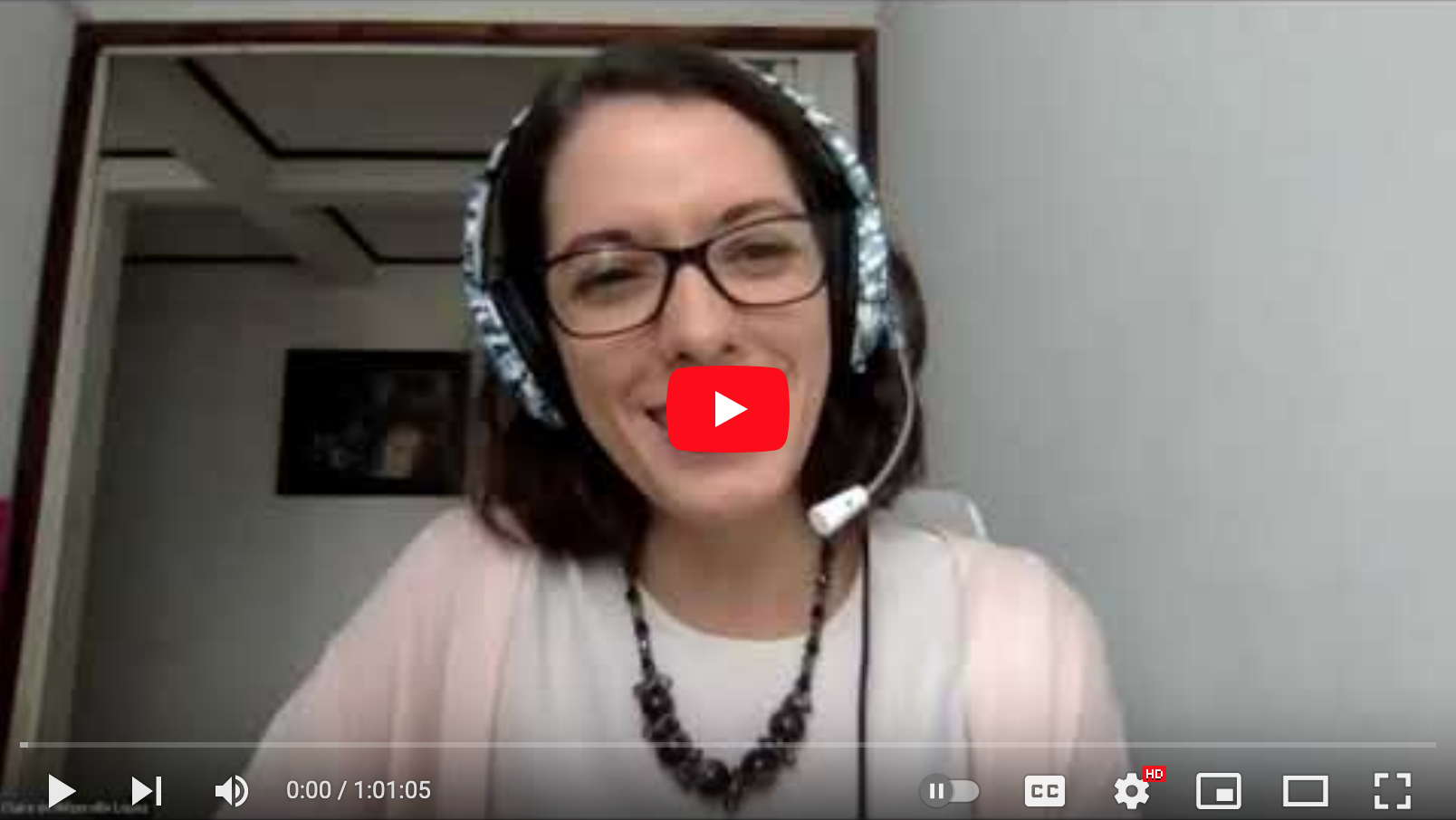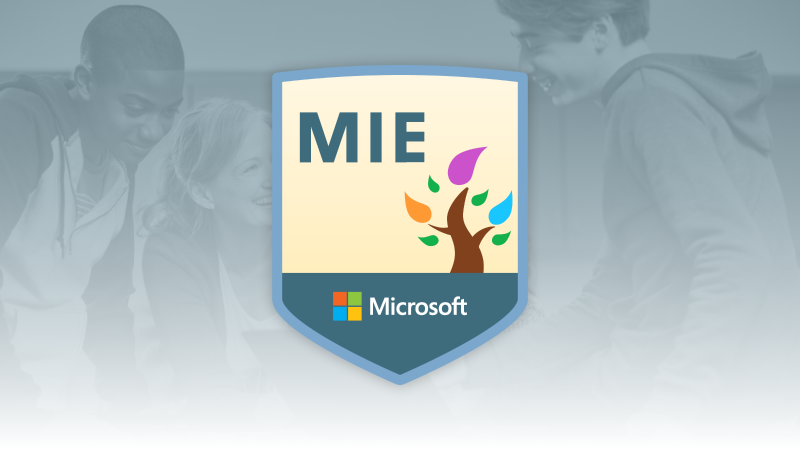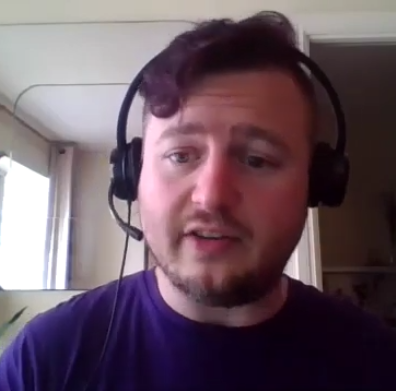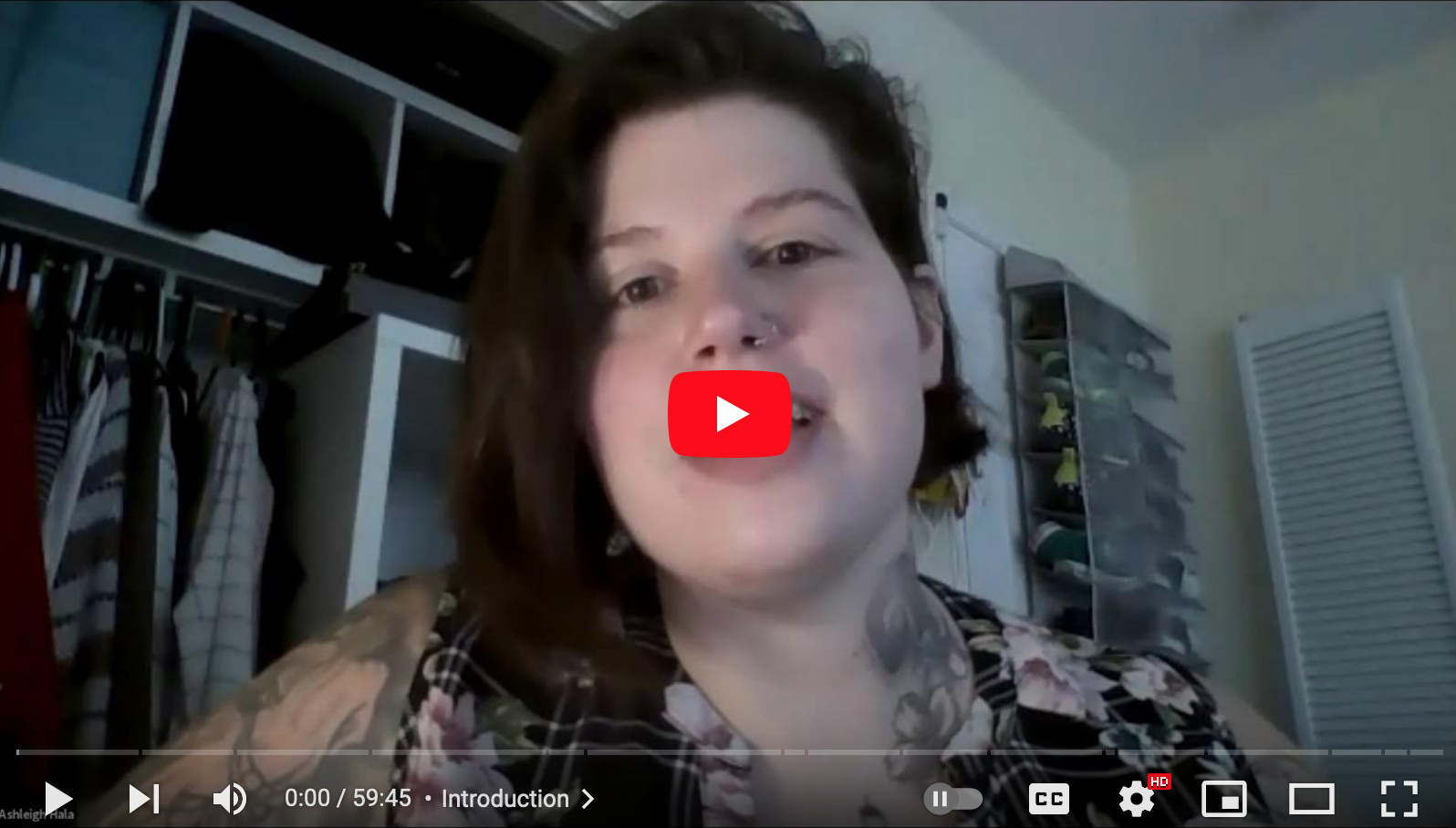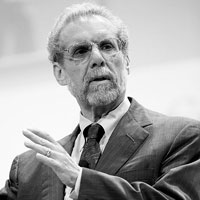News & Announcements
- Details
- Written by Kristin Oakley
Intentional Classroom Engagement is an essential workbook to help you hone your skills and competencies for building better relationships with your students, their families and your colleagues.
- Details
- Written by Kristin Oakley
The Covid-19 pandemic has turned everyone's life upside down. Schools especially have struggled to serve students and families through an ever-changing environment. In this 60-minute webinar, three educators share the lessons they've learned about how to build and maintain positive relationships during these challenging times, and take your questions. Please join us!
- Details
- Written by IIRP Staff
The IIRP Graduate School recently partnered with Microsoft Educator Center to create a free professional development resource for educators seeking to do effective anti-racism work in the classroom.
A series of courses for individualized, self-directed learning, the modules can also be worked through by an independent team of educators within a professional learning community.
The Anti-racism journey for educators with students includes a kit of resources grounded in social and emotional learning (SEL) and curated by experts in the fields of equity and inclusion, restorative practices and education technology.
- Details
- Written by Craig W. Adamson, Ph.D.
I had the recent pleasure of meeting with Ian Marder, Ph.D., Lecturer in Criminology at Maynooth University’s Department of Law, Republic of Ireland, to discuss his recent publication. The article, "The new international restorative justice framework: Reviewing three years of progress and efforts to promote access to services and cultural change," was published in The International Journal of Restorative Justice in 2020.
- Details
- Written by Kristin Oakley
Higher education is changing in ways the COVID-19 crisis has exposed and accelerated.
Higher education institutions are faced with financial demands, the need to adapt to online learning, social and political unrest in the culture and on campus. Only by harnessing the power of relationships can these institutions successfully navigate their educational, business and community needs.
- Details
- Written by Joshua Wachtel
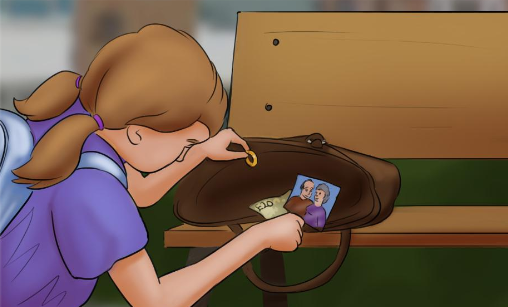 How do you engage children and youth in restorative and relational processes? This can be difficult, especially in these challenging times — but there is an answer … and it can be delivered online!
How do you engage children and youth in restorative and relational processes? This can be difficult, especially in these challenging times — but there is an answer … and it can be delivered online!
Following their highly successful involvement in the EU Erasmus+ projects, Les Davey and John Boulton, Directors of SynRJ, an IIRP Graduate School Partner based in the UK, found it increasingly evident that training children and youth directly is the key to consolidating implementation and fully embedding restorative processes. As a result, SynRJ has developed student workbooks and teacher's guides in their "Restorative and Relational Processes in Action" book series to achieve this in a very practical and engaging way.
- Details
- Written by Linda Kligman, Ph.D.
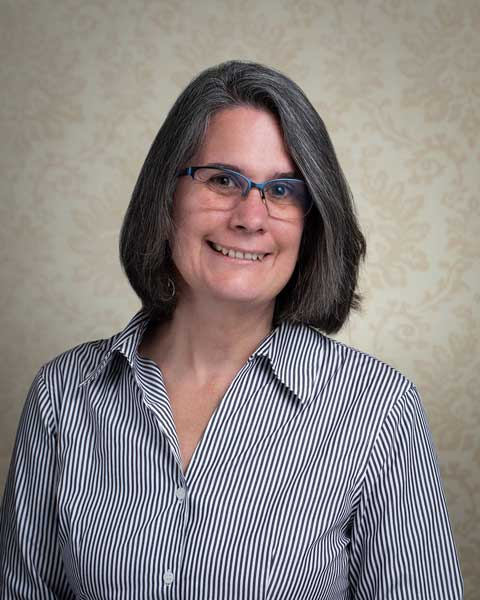 In 2020, IIRP Vice President for Administration Linda Kligman, Ph.D., received her doctorate in Interdisciplinary Studies with a concentration in Ethical and Creative Leadership and a specialization in Martin Luther King, Jr. Studies. Her dissertation, Widening circles: A Grounded Theory study of workplace leadership, received two honors from Union Institute and University: The Marvin B. Sussman Award for originality, interdisciplinarity, and social relevance in scholarship; and the Virgil A. Wood Award for excellence advancing the legacy of Martin Luther King. Linda has been invited to be the Social Justice Speaker at Union’s Spring Residency. Her thesis has been made available for free download.
In 2020, IIRP Vice President for Administration Linda Kligman, Ph.D., received her doctorate in Interdisciplinary Studies with a concentration in Ethical and Creative Leadership and a specialization in Martin Luther King, Jr. Studies. Her dissertation, Widening circles: A Grounded Theory study of workplace leadership, received two honors from Union Institute and University: The Marvin B. Sussman Award for originality, interdisciplinarity, and social relevance in scholarship; and the Virgil A. Wood Award for excellence advancing the legacy of Martin Luther King. Linda has been invited to be the Social Justice Speaker at Union’s Spring Residency. Her thesis has been made available for free download.
When I came to work at the International Institute for Restorative Practices in 2010 it was a profoundly different experience for me. My career had largely been in the nonprofit sector, I had run community organizations, a private company, and served on many boards, but this culture of high expectations and abundant support felt remarkably different. We practiced giving and receiving candid feedback in team builders, we were encouraged to talk about and express our feelings, and instead of running decisions “up the ladder” we “circled up” to include others. I enjoyed coming to work even on the hardest days. This relational orientation allowed me to stretch and find my role within an ambitious, innovative and dynamic graduate school.
- Details
- Written by Miguel Tello & Flor García
 On June 3, 2018, the Volcán de Fuego (Fire Volcano) in Guatemala erupted, killing 300 people and leaving close to 2,000 homeless and relocated to temporary shelters. Lava flows buried the towns of Alotenango and San Miguel Los Lotes; El Rodeo was also highly impacted.
On June 3, 2018, the Volcán de Fuego (Fire Volcano) in Guatemala erupted, killing 300 people and leaving close to 2,000 homeless and relocated to temporary shelters. Lava flows buried the towns of Alotenango and San Miguel Los Lotes; El Rodeo was also highly impacted.
The government, non-governmental organizations (NGOs) and international response was focused on relocating villagers to safe locations and providing health care, medicines and food, as well as initiating a formal plan to move entire communities that would not be able to live in those high-risk areas again.
However, the emergency response made no effort to listen to the people affected by the eruption or to provide them with a space where they could find emotional support and release some of the emotions around the trauma they suffered. Asociación para el Liderazgo en Guatemala (ALG), a local NGO that trains other NGO leaders in the country, offered an intervention that provided a space for both people displaced by the eruption and emergency response teams to find support in the use of restorative circles. This article will examine ALG ́s intervention and offer some lessons learned about providing circles to people affected by natural disaster, and how they can be helpful in coping with the aftermath of such a traumatic event.
A. Miguel Tello is an IIRP Lecturer and Executive Director of the Strachan Foundation based in Costa Rica; Flor García Mencos is an IIRP Trustee and Executive Director of the Asociación para el Liderazgo en Guatemala.
Read the full paper, which was published in ENGAGE! Co-created knowledge serving the public good, 1(3), 2020.
- Details
- Written by John W. Bailie, Ph.D.
The IIRP Graduate School sponsored the December 2020 WOBI (World of Business Ideas) digital event on the theme of emotional intelligence in leadership. Featured speaker Daniel Goleman, Ph.D., who wrote the bestselling book Emotional Intelligence (1995), joined IIRP President John W. Bailie, Ph.D., to discuss why emotional intelligence is more important now than ever, not only for business leaders but all of us.
It was an honor to speak with Dan Goleman. His work on emotional intelligence has been a tremendous influence on my personal practice as a leader. Dan’s thinking has also been foundational to the work of my institution, the IIRP Graduate School — the world’s first graduate school wholly dedicated to the science of relationships and community.
- Details
- Written by Claire de Mézerville López
Claire is the Representative for IIRP Latin America. She is based in San José, Costa Rica.
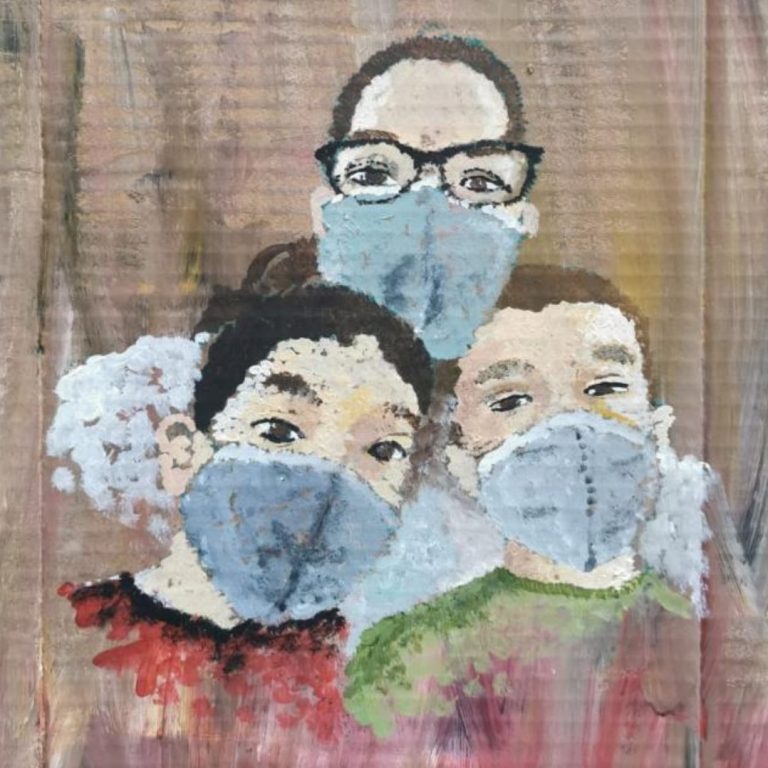 What about the "restorative practices thing"?
What about the "restorative practices thing"?
When people ask me about this “restorative-practices-thing” that I am always talking about, I usually make a summary – unfair as all summaries are – that goes a little bit like this:
(1) Restore the value of the person. Michael White said it well: the person isn’t the problem; the problem is the problem. To separate deed from doer helps us to honor each person’s dignity, even when we disagree or even disapprove certain behaviors
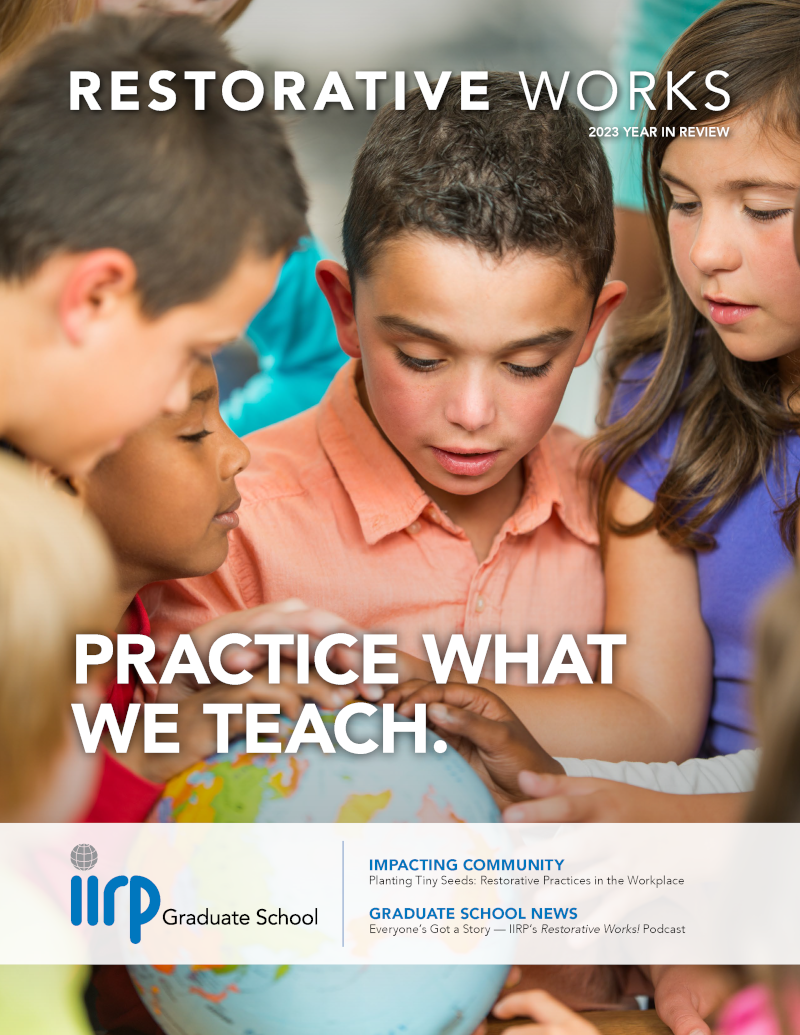
Restorative Works Year in Review 2023 (PDF)
All our donors are acknowledged annually in Restorative Works.


